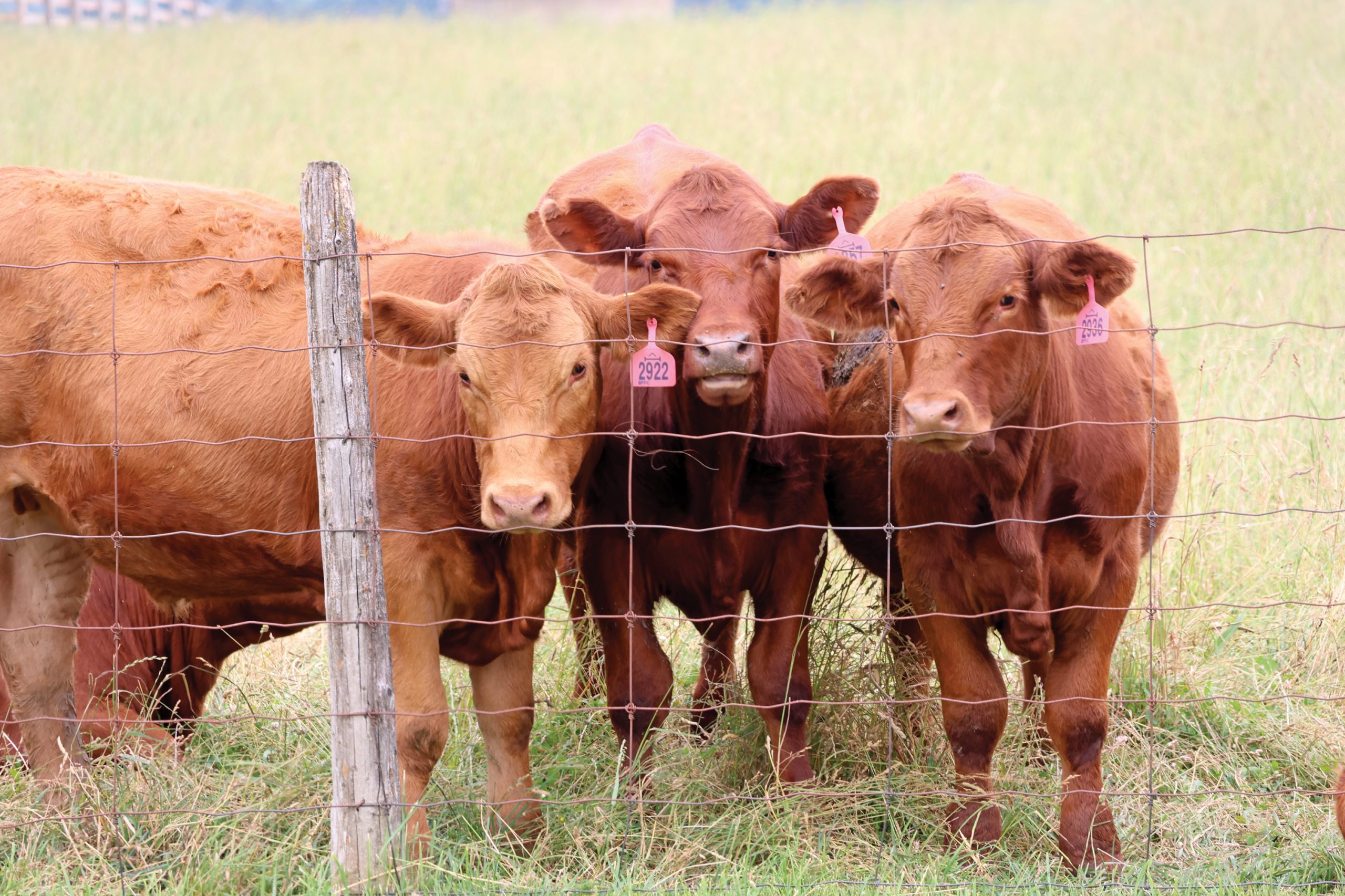WELLINGTON COUNTY – The longer workers at a Guelph meat processing plant stay on strike, the more worrisome the situation becomes for local cattle farmers.
“Every week, there are cattle that should have gone to processing that aren’t,” said Centre Wellington farmer Joe Hill, past president of the Beef Farmers of Wellington County.
Hill spoke to the Advertiser as the strike at Cargill’s Dunlop Drive beef processing facility was heading into its fifth week.
Close to 1,000 workers represented by the United Food and Commercial Workers Local 175 took to picket lines on May 27 citing the need for better wages.
The company has stated it would shift production to its other facilities to minimize disruptions for customers, but beef farmers are concerned this won’t be sufficient.
“We’re already short processors in the province,” said Beef Farmers of Wellington County president Adam Bott.
He described his farm as “fairly small-time,” saying he raises calves and typically sells them before they reach market weight for consumption.
For that reason, his farm isn’t directly impacted by the strike at Cargill, he said.
But he explained cattle are typically raised to an optimal “market weight,” that produces the size of steaks or other cuts of meat retailers want. If cattle don’t get butchered at that weight, they continue to grow, but become less valuable.
“They get way too big, and then you’re docked,” Bott said, explaining prices paid by processors are subject to cuts when the animals are over a certain weight.
On top of that, they are costing producers to continue looking after them, and it’s not just the cost of feed.
“You run into more health risks the bigger they get,” said Bott.
Hill also described himself as a small producer, saying he markets 600 to 700 cattle per year.
“There are producers that would market 5,000 per year,” Hill said.
These larger producers are the ones most impacted by the Cargill strike, he said.
Hill noted he doesn’t personally have any cattle ready to market right now, but he has some that will be ready soon. The choice will be whether to hold onto them or to send them elsewhere.
Cargill has other beef processing facilities in the United States and in western Canada, and will likely continue to take some cattle, Hill said.
“They’re going to want to keep enough cattle through their entire network to meet their customers’ demand,” he said.
But this means trucking cattle over longer distances, a situation that isn’t ideal for the animals – particularly not in the heat of summer, Hill said.
At the same time, the reduced production capacity created by the shutdown in Guelph is creating a backlog, he said.
“The longer the strike goes on, the longer it takes for that backlog to be cleared,” he said.
According to the Cargill website, the Dunlop Drive facility processes 1,500 head of cattle per day – when it’s operating.
“Cargill Guelph processes approximately 75 per cent of the cattle in Ontario and plays a significant role in the Ontario beef supply chain,” Beef Farmers of Ontario director of communications LeaAnne Wurmli stated in an email.
Responding to an Advertiser inquiry, Wurmli said there are smaller processing facilities in Ontario, as well as plants outside of Ontario, or farmers have the option of keeping cattle on-farm for longer, and those options are helping to manage the situation in the short-term.
“But we continue to be concerned about the sustainability of these options and the extra costs for farmers associated with marketing and transporting cattle to new locations the longer the strike persists,” she wrote.
In an email to the Advertiser, a spokesperson for Cargill said the company is “honouring contracts with producers and covering the costs of transporting cattle to other plants.”
In a previous statement, the company had said it was disappointed the union rejected its contract offer.
“The unanimously recommended settlement included a wage increase of more than 16% over the four-year term,” said a statement from the company emailed on June 7.
“The settlement also included retroactive pay dating back to Jan. 1, 2024, benefit enhancements, and a signing bonus.”
As of June 21, the company said it was waiting to hear from the union about “next steps.”



